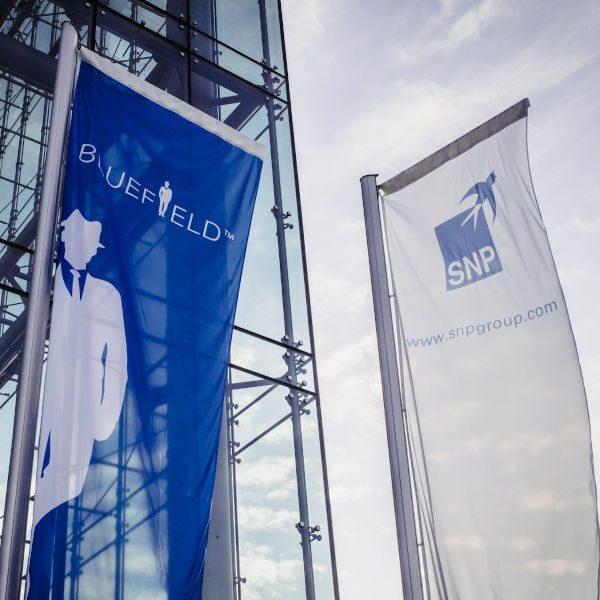The dominant theme of the decade among SAP users is certainly the migration to SAP S/4HANA. The end of support for the SAP ECC version in 2027 is a cut-off date. For more than 40,000 companies that simply have to make the change – as long as they want to keep a smoothly running transaction system – this project can prove to be quite a challenge. Not because of its level of difficulty – consulting firms have already gathered a lot of experience in this area, good practices have been developed, and tools are available to automate and support the project at every stage. The risk associated with the conversion is lower than when the S/4 was launched on the market.
The problem may be an access to competences, as the number of companies ready to start a project is rapidly growing unlike the number of SAP module consultants and IT/SAP specialists.
Migrations to S/4 are just the tip of the iceberg. Business and technology transformation projects are a constant element in the life cycle of companies. Merging companies and their systems, carving out a system from a corporate template for a selected company prior to its sale, consolidations, standardizing a chart of accounts, creating a shared service center for a corporate group and data harmonization, and in recent years, migrations to cloud services. Each of these undertakings is fraught with risk, takes a long time, disorganizes day-to-day work to some degree, and requires shutting down the system, often for the amount of time unacceptable for business.
But it doesn’t have to be that way. The ability to efficiently and quickly react to changes in the competitive business landscape is a key competence in today’s global economy – a premise on which our strategy is based in the approach to projects of transforming enterprises using SAP systems. Our goal is to implement such projects much faster, with minimal involvement of the customer’s employees and near zero downtime.













